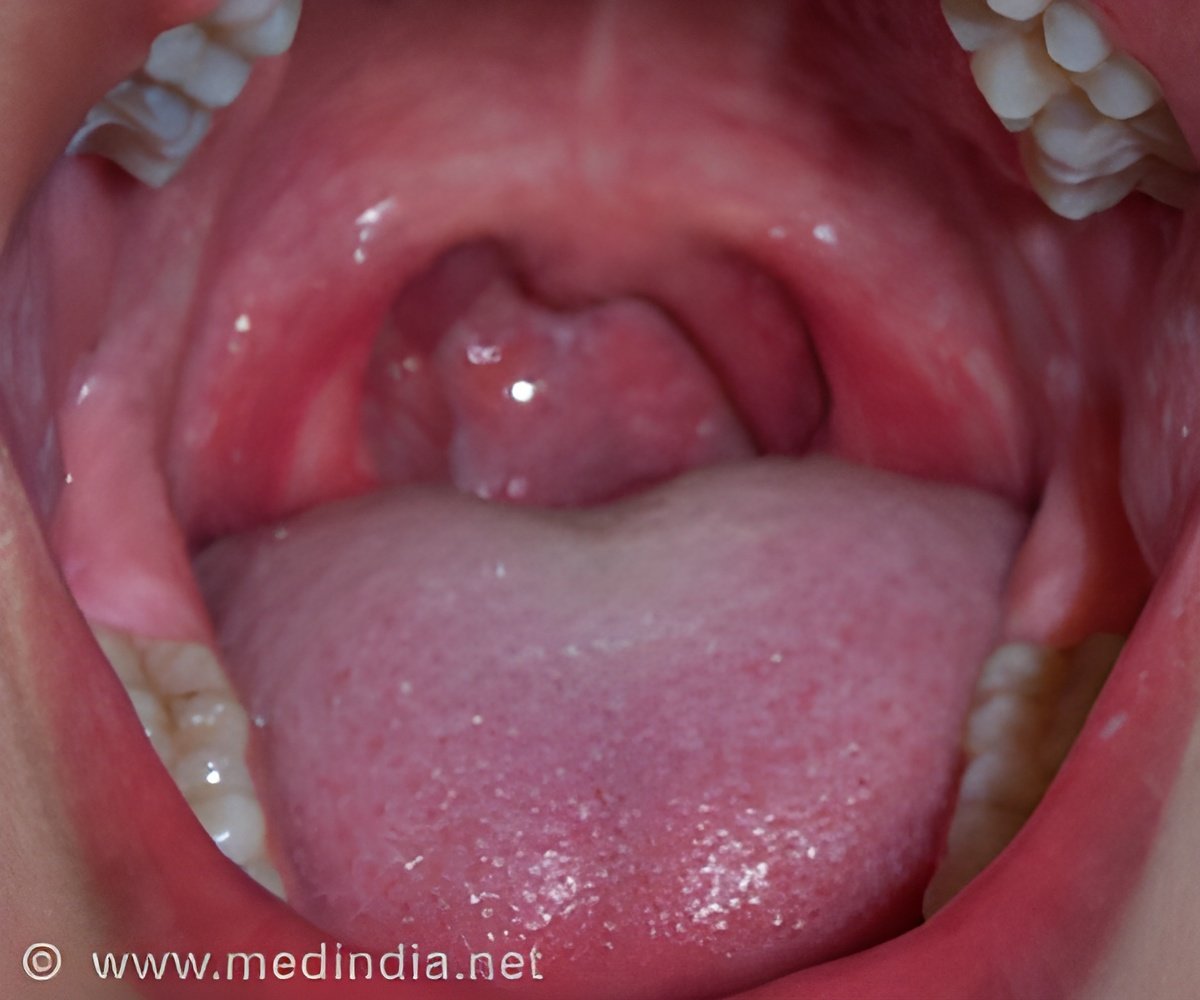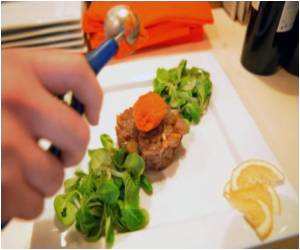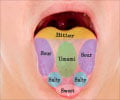Neurogastronomy merges science and culinary worlds by studying the human brain and the behavior that influences how we experience food.

‘Patients undergoing chemotherapy had reduced or distorted flavor perception. A symposium on neurogastronomy has opened the door to the flow of information and ideas among neuroscientists, culinary professionals, food scientists and agriculture scientists to help these patients enjoy a meal.’





Han has become an ardent advocate for the concept that quality of life issues - specifically, the enjoyment of food - should be measured as a clinical outcome for patients. A chance meeting in 2012 with internationally acclaimed chef Fred Morin brought the issue to his attention. Han said, "Like most clinicians, when patients brought up the issue of reduced or distorted flavor perception (if they brought it up at all), I was sympathetic but not motivated, because there's not much we can do to help."
But Morin, chef and owner of the legendary restaurant Joe Beef, is a bioengineer by training and hugely interested in the concept of neurogastronomy, which merges science and culinary worlds by studying the human brain and the behavior that influences how we experience food. Morin encouraged Han to read a book by Yale neuroscientist Gordon Shepherd, who coined the term in 2006.
Han said, "I was hooked. I knew that if we could bring together chefs, neuroscientists and food scientists to explore ways to help these patients enjoy a meal, break bread with family and friends and enjoy that process again, it would be a significant contribution to science and to life."
That chance meeting was the spark for the founding of the International Society of Neurogastronomy (ISN), and last week more than 200 scientists, patients, chefs, foodies and others gathered at UK for the inaugural ISN Symposium, sharing their knowledge and exploring opportunities to improve quality of life for people who have lost their perception of taste or smell due to cancer, brain injury, stroke, Alzheimer's, Parkinson's, or other neurological disorders.
Advertisement
During breaks, participants were encouraged to visit eight tasting stations, where experiments demonstrated how the perception of flavor is shaped by more than just the tongue. Attendees wore blindfolds, sniffed scent jars, held their noses, and more while they sampled. At one station, tasters eating a pink cookie while listening to gentle music were astonished to learn that it was equally as sweet as the black cookie paired with harsh music.
Advertisement
Han said, "This really organically grew into something amazing, because people from such randomly different disciplines came together. The commonality that united us was to achieve better food, better flavor, better health, and better quality of life."
Source-Eurekalert















